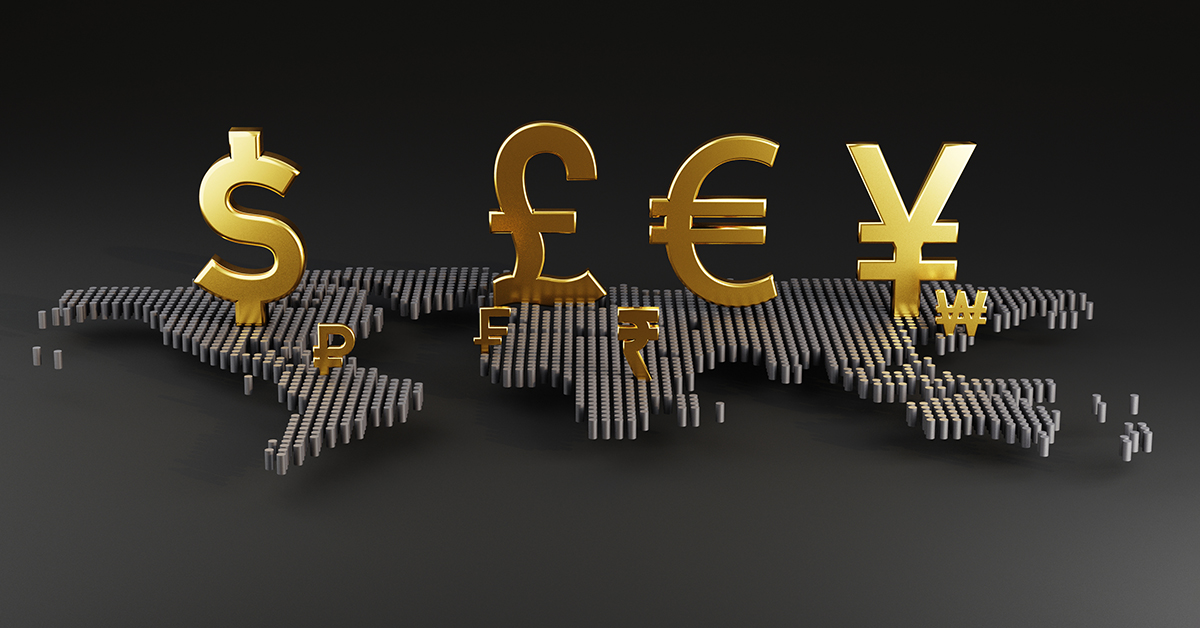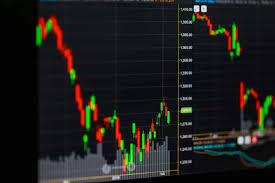
What is Forex Trading?
Forex trading, short for foreign exchange trading, is the process of exchanging one currency for another based on the current market prices. It is a decentralized global market where all the world’s currencies trade, and it is the largest financial market in the world. The Forex market is open 24 hours a day, five days a week, and allows traders to buy, sell, exchange, and speculate on the value of currencies. For more information about Forex trading, you can visit what is trading forex fx-trading-uz.com.
How the Forex Market Works
Forex trading involves pairs of currencies – for example, EUR/USD, which represents the euro against the US dollar. When you trade a currency pair, you are essentially betting on the value of one currency against another. If you believe the euro will strengthen against the dollar, you would buy the EUR/USD pair. Conversely, if you think the euro will weaken, you would sell it.
The Importance of Currency Pairs
Currency pairs in the Forex market are divided into three categories: major pairs, minor pairs, and exotic pairs. Major pairs include the most traded currencies, such as the US dollar, euro, and Japanese yen. Minor pairs consist of currencies that are less frequently traded and do not involve the US dollar. Exotic pairs involve a major currency and an emerging market currency, which typically have lower liquidity and can be more volatile.
The Role of Leverage in Forex Trading
Leverage allows traders to control a larger position with a smaller amount of capital. In Forex trading, this is a double-edged sword. While it can amplify profits, it can also lead to significant losses. For instance, if a trader has a leverage of 100:1, they can control $100,000 with just $1,000. It’s essential for traders to understand how leverage works and use it wisely to manage their risk.
Benefits of Forex Trading
Forex trading offers numerous advantages, including:

- Liquidity: The Forex market is the most liquid market in the world, meaning traders can enter and exit positions with ease.
- Accessibility: Starting a Forex trading account requires relatively low capital compared to other markets.
- 24/5 Market: The market is open 24 hours a day during the weekdays, allowing traders to participate at their convenience.
- Variety of Trading Options: Traders can choose from a vast number of currency pairs and trading strategies.
Risks in Forex Trading
As with any investment, Forex trading carries risks. Some of the key risks include:
- Market Risk: The risk of losses due to unfavorable market movements.
- Leverage Risk: While leverage can amplify profits, it can also lead to larger losses, potentially exceeding your initial investment.
- Interest Rate Risk: Changes in interest rates can affect currency values and lead to volatility.
- Political and Economic Risk: Global economic events, political instability, and changes in government policies can affect currency prices.
Different Trading Strategies
Forex traders utilize various strategies based on their trading goals, risk tolerance, and market conditions. Some popular trading strategies include:
- Scalping: A strategy focused on making small profits from numerous trades throughout the day by capitalizing on minor price changes.
- Day Trading: Traders open and close their positions within the same trading day, aiming to profit from short-term price movements.
- Swing Trading: This strategy involves holding positions for several days to capture larger price movements.
- Position Trading: A long-term strategy where traders hold positions for weeks or months, influenced by fundamental analysis.
Getting Started in Forex Trading
If you are interested in trading Forex, here are the key steps to get started:
- Education: Learn the basics of Forex trading, technical analysis, fundamental analysis, and risk management.
- Select a Broker: Research and choose a reputable Forex broker that suits your trading needs and offers a user-friendly platform.
- Practice with a Demo Account: Most brokers offer demo accounts, allowing you to practice trading without risking real money.
- Develop a Trading Plan: Create a trading plan that outlines your goals, risk tolerance, trading strategies, and guidelines for entering and exiting trades.
- Start Trading: Once you feel confident and prepared, you can start trading with real money, but begin with a small capital to manage your risk.
Conclusion
Forex trading can be an exciting and potentially profitable venture for those willing to put in the time and effort to learn the intricacies of the market. With its unique characteristics and various opportunities, it attracts millions of traders worldwide. However, it is crucial to understand the risks involved and to engage with a disciplined trading strategy. By educating yourself and practicing proper risk management, you can navigate the Forex market and take advantage of the opportunities it presents.
